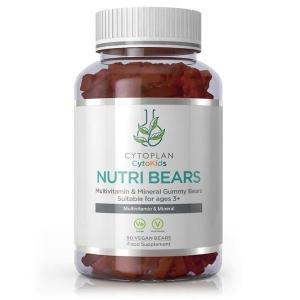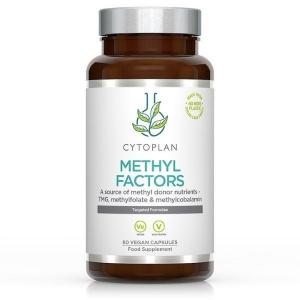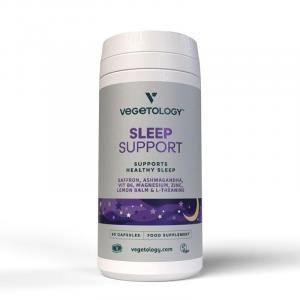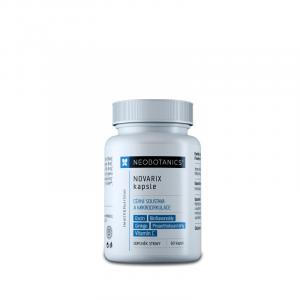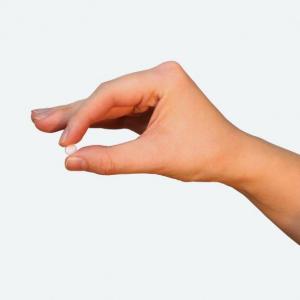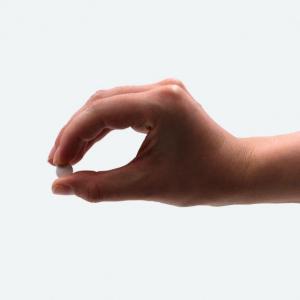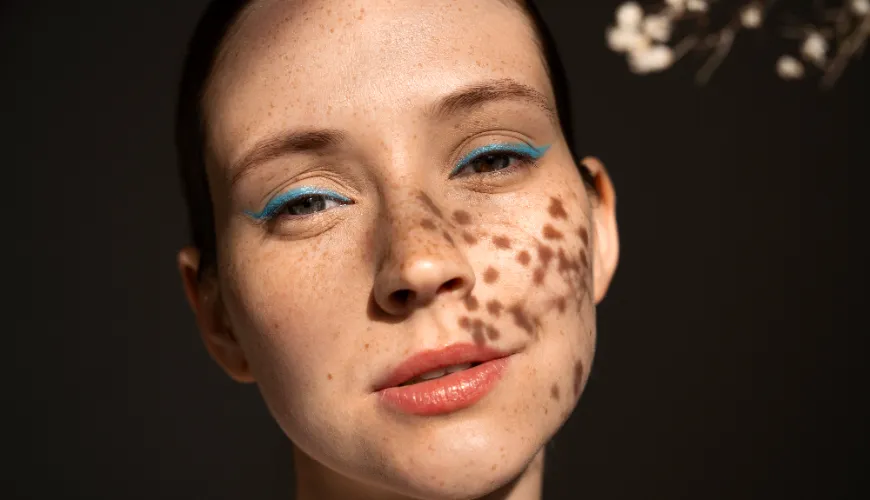
What the Body Lacks When Bruises Occur and How to Overcome It
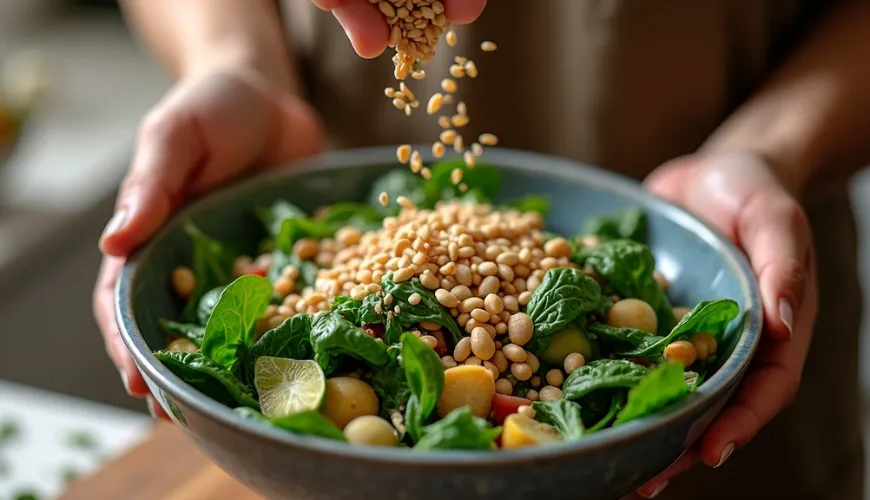
When Bruises Occur More Often Than Usual - What Might the Body Be Missing?
Everyone gets a bruise now and then – perhaps from bumping into a table or during sports. But what if they start appearing frequently, without obvious cause, and linger longer than usual? It could be just a minor issue, but it might also signal that something in the body is not functioning properly. Frequent bruising can be due to a lack of certain nutrients, blood clotting disorders, or even hormonal changes. The question "what is missing in the body when bruises appear?" is not just out of curiosity – it often warns that the body is calling for help.
Why Do Bruises Actually Form?
A bruise, or hematoma, forms when small blood vessels under the skin's surface are damaged. If a vessel breaks, blood leaks into surrounding tissues and creates the typical discoloration – first purple, then green, blue, and yellow-brown, until it is reabsorbed. The body usually handles minor hemorrhages on its own, but if vessels break frequently, it might indicate a problem with their strength or the blood's ability to clot properly.
One of the first suspicions is often a lack of certain vitamins or minerals that contribute to vascular health, collagen formation, or blood clotting.
When the Body Lacks Vitamins - What to Watch Out For?
From a nutritional perspective, there are several key substances whose deficiency might cause bruises to form more frequently:
1. Vitamin C – Guardian of Strong Vessels
Vitamin C is perhaps the most common answer to the question of what is missing in the body when bruises appear. It is crucial for collagen production – a protein that keeps blood vessel walls strong and flexible. Without it, vessels are more prone to breaking even with minor impacts.
A deficiency in vitamin C manifests not only as bruising but also as bleeding gums, fatigue, or poor wound healing. Historically, when fresh fruit was scarce, people suffered from scurvy – a disease caused by a lack of "C." Today, while scurvy is rare, mild chronic deficiency is not uncommon.
Sources: citrus fruits, kiwi, bell peppers, broccoli, cabbage, rose hips.
2. Vitamin K – Key for Proper Blood Clotting
Vitamin K is less known but equally important. It is involved in the creation of clotting factors that prevent excessive bleeding. When deficient, blood clots more slowly, leading to larger hemorrhages in tissues – hence, bruises.
Deficiency is more common in people with fat absorption disorders (e.g., celiac disease, Crohn's disease), long-term antibiotic use, or newborns (hence they are preventively given vitamin K).
Sources: leafy greens (spinach, kale), broccoli, dairy products, fermented foods (e.g., natto – Japanese soybeans).
3. Vitamin B12 and Folic Acid – For Healthy Blood Formation
These B vitamins are important for the production of red blood cells and overall blood health. Their deficiency can affect tissue oxygenation and cause fatigue, paleness, and increased bruising, even if the vessels themselves are not directly damaged.
Sources of vitamin B12: meat, eggs, milk, cheeses.
Sources of folic acid: leafy greens, legumes, whole grains.
Try our natural products
4. Bioflavonoids – Natural Support for Vessels
Bioflavonoids, sometimes referred to as vitamin P, enhance the effect of vitamin C and help maintain the flexibility of blood vessel walls. They are found in citrus fruits (especially in the white peel under the skin), buckwheat, or blueberries.
Their consumption can not only reduce the frequency of bruising but also speed up their absorption.
Hormonal Influences and Vessel Fragility
Sometimes frequent bruising is not due to nutrition but hormonal changes – for example, in women during menopause, when a drop in estrogen worsens the elasticity of blood vessels. Estrogen naturally strengthens vessel walls and reduces inflammation. After its decline, vessels may be more easily damaged, and bruises form even with minor impacts.
A similar effect can occur with long-term use of corticosteroids, which weaken the skin and subcutaneous tissue, or some blood-thinning medications. In these cases, it is advisable to consult with a doctor, especially if bruises appear suddenly and frequently.
What Does the Body Say When Bruises Form on Their Own?
Consider a real-life example: A thirty-year-old woman, otherwise healthy, notices bruises appearing on her thighs and arms without recalling any impact. She has no other symptoms, just feels tired. After visiting a doctor and undergoing basic blood tests, it is revealed that she has low levels of vitamin C and iron. After a few weeks of dietary adjustments – more fresh vegetables, citrus fruits, and legumes – the bruises gradually disappear.
This story illustrates that sometimes a little is enough – the body can signal what it needs. We just need to listen.
How to Support Vascular Health and Naturally Reduce Bruising?
A balanced diet is fundamental. If bruises appear more frequently, it's good to focus on a varied diet rich in vegetables, fruits, whole grains, and healthy fats.
Dietary supplements can help if the diet is consistently unbalanced, but they should only be supplements – not replacements. Supplementing vitamin C or bioflavonoids is simple, but with vitamin K, it's better to consult a doctor, especially if you're taking blood thinners.
Exercise and sun exposure also contribute to vascular health, improve blood circulation, and support the absorption of vitamin D, which also affects overall immunity and tissue regeneration.
And finally – paying attention to your body. If bruises appear frequently, are large, painful, or accompanied by other symptoms like bleeding gums, fatigue, or unexplained weight loss, a professional examination is always warranted. In rare cases, bruising may signal more serious conditions, such as platelet disorders or even leukemia.
As the well-known saying goes: "He who listens to his body doesn't have to listen to the doctor."
Sometimes bruises are just the result of clumsy movement. But if they appear frequently, without obvious cause, and linger long, it's the body's way of signaling that something is missing – and we shouldn't overlook it.
